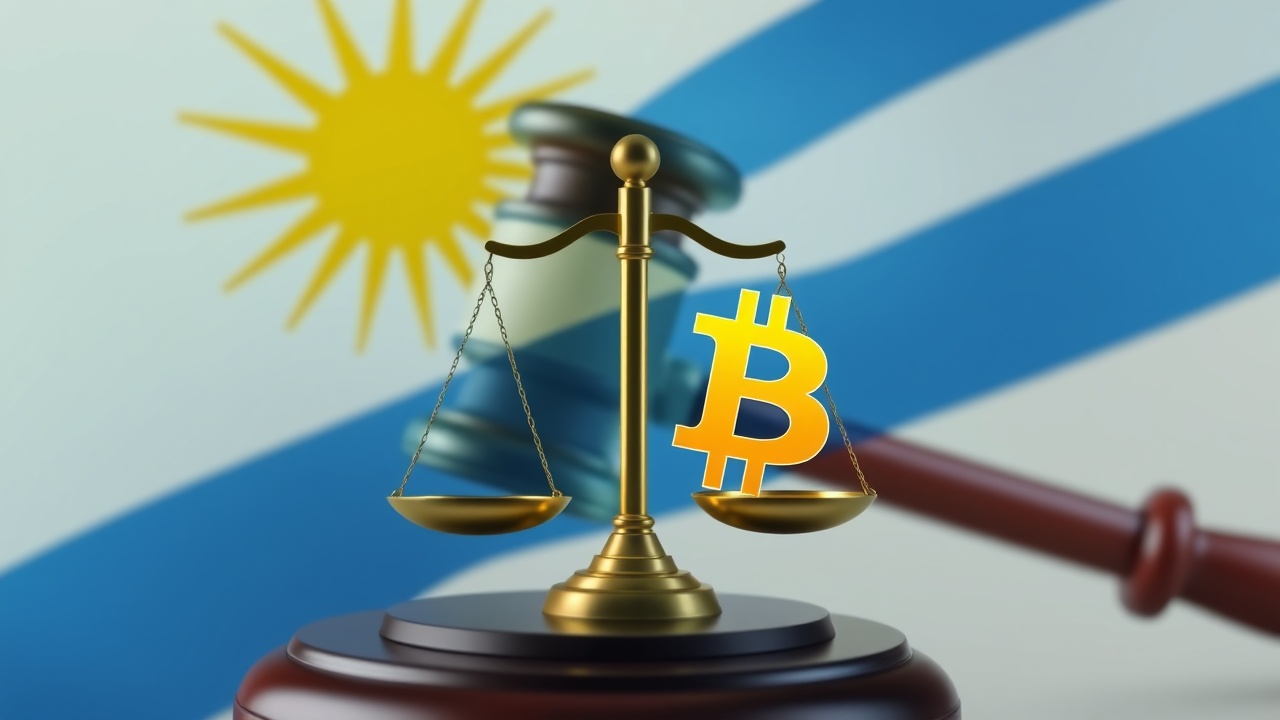The Central Bank of Uruguay’s Regulatory Update on Bitcoin
The Central Bank of Uruguay is contemplating designating bitcoin as a “non-financial virtual asset,” which would simplify the regulatory landscape for virtual asset service providers (VASPs). In contrast, stablecoins are poised to be categorized as “financial virtual assets.” This update comes as the Central Bank aims to introduce new regulations that will provide clarity regarding the legal standing of bitcoin and similar digital currencies, alongside the necessary licenses that VASPs must acquire to engage in trading and custody operations involving these assets.
Insights from the Blockchain Summit Global
During the recent Blockchain Summit Global in Montevideo, Patricia Tudisco, the Superintendent of Financial Regulation at the Central Bank, outlined the need to revisit certain elements of the existing cryptocurrency legislation in light of evolving international compliance demands. A significant focus of this reassessment is the division between “financial” and “non-financial” virtual assets, as the current law mistakenly encompasses both categories together.
Tudisco explained that this distinction is crucial because regulations governing ‘virtual financial asset service providers’ prioritize consumer protection alongside anti-money laundering (AML) measures. Conversely, services surrounding “non-financial” virtual assets would primarily deal with AML protocols, without the burden of consumer regulations.
Implications for Businesses
As bitcoin is slated to be classified as a non-financial asset, businesses focusing solely on the custody of such digital currencies would not be required to obtain a regulatory license. In stark contrast, entities involved in centralized stablecoins, like USDT, would need to secure a more rigorous financial license due to their classification as financial virtual assets.
Tudisco emphasized the importance of reviewing the currently accepted framework, suggesting that regulations in various countries have often centered on the nature of the services provided rather than the intended purpose of the virtual asset itself. This reevaluation signifies Uruguay’s proactive approach to ensure its regulations remain relevant and effective in the rapidly evolving digital currency market.
For more on this topic, refer to the recent enactment of Uruguay’s cryptocurrency legislation.




